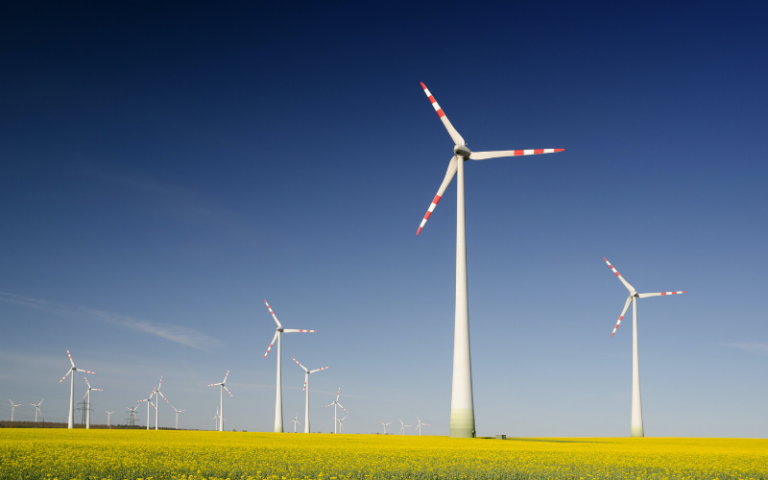Solving UCL’s Sustainability Challenges Through Research
3 December 2020
Want to use research to find sustainable solutions to UCL's and society's problems? Well read this and let those creative genius ideas flow!

UCL researchers and academics are leading the way in developing solutions to the climate and ecological crises. They regularly contribute to reports on global warming by international bodies such as the Intergovernmental Panel on Climate Change.
With UCL’s “Living Lab” approach, we strive to bring this expertise home and solve sustainability challenges on campus by using UCL’s estate and operations as a test-bed for research and learning.
Following the “Living Lab” philosophy, fifteen departments are currently piloting a carbon accountability scheme. The scheme was designed by a group of UCL researchers and professional services staff and aims to encourage departments to reduce their carbon emissions.
Another group of UCL researchers conducted a project at Central House to investigate the potential of already available data sources, such as network connections and access card logs, as a useful and cost-efficient tool for energy management in non-domestic buildings. They used the information to see if energy usage could be reduced through an analysis of occupancy patterns, matching mechanical and lighting schedules according to the demand. View a short film on this project here.
You can also view other project case studies here.
But the Living Lab is not only open to staff. MSc Environmental Design and Engineering student, Isa Ibrahim, monitored a small array of panels on the roof of Central House and carried out a series of cleaning tests to assess the effect of dirt on the panels.
On average, the electricity generated by the panels increased around 25% after two rounds of cleaning. This insight was helpful for Isa’s dissertation and for UCL’s solar panel operations.
So, the next time you are rushing from one lecture to the next, take a moment to look around campus. The research project you are looking for might be right in front of your eyes.
Last revised: 7 September 2021
Clara Buckens, UCL Sustainability blog contributor
 Close
Close

